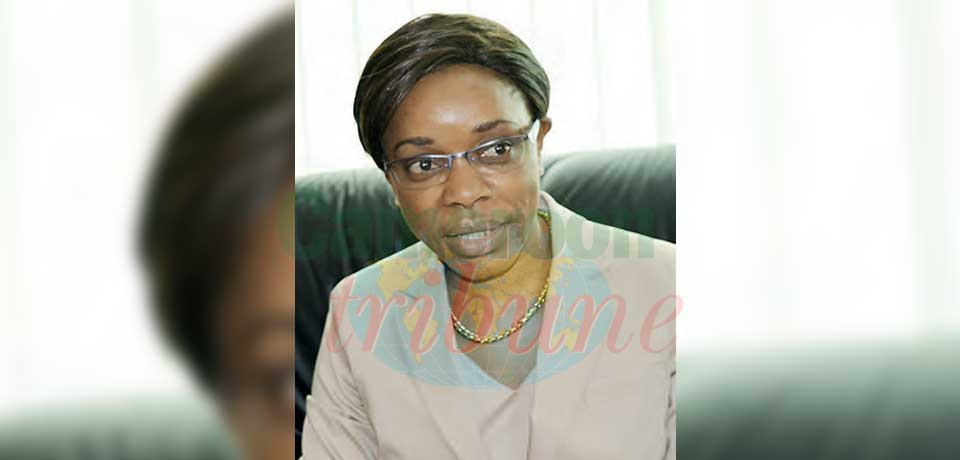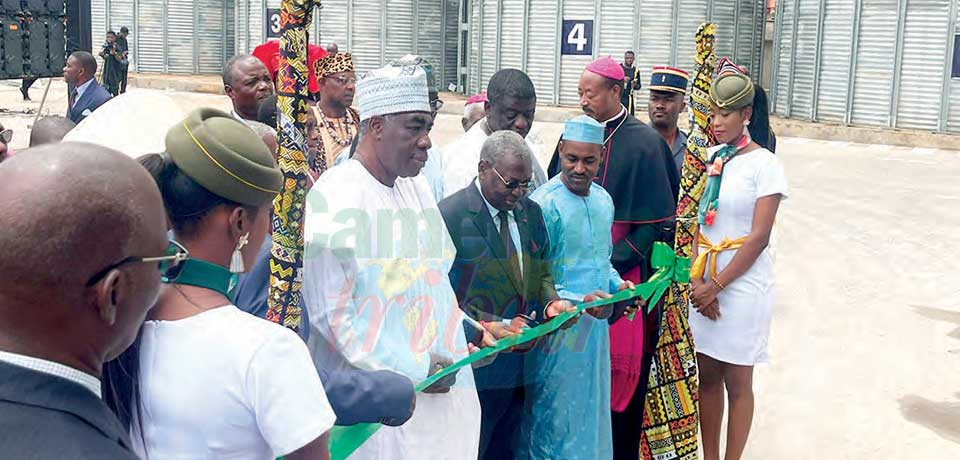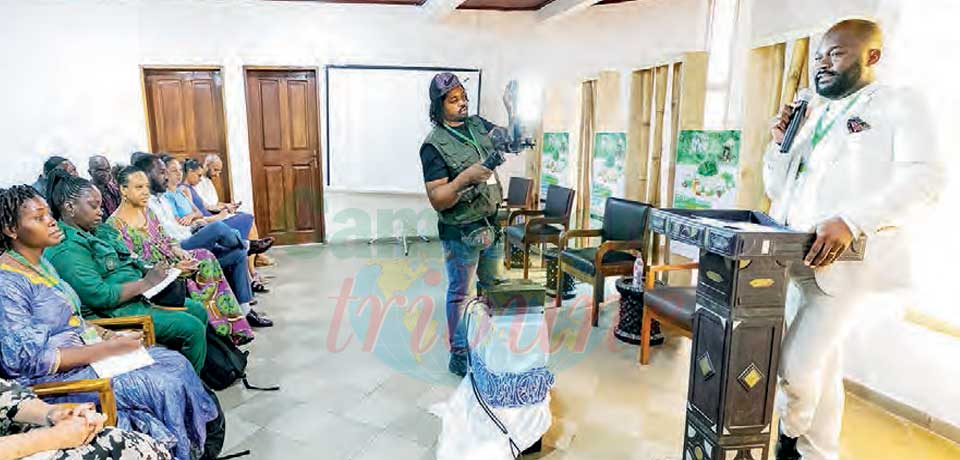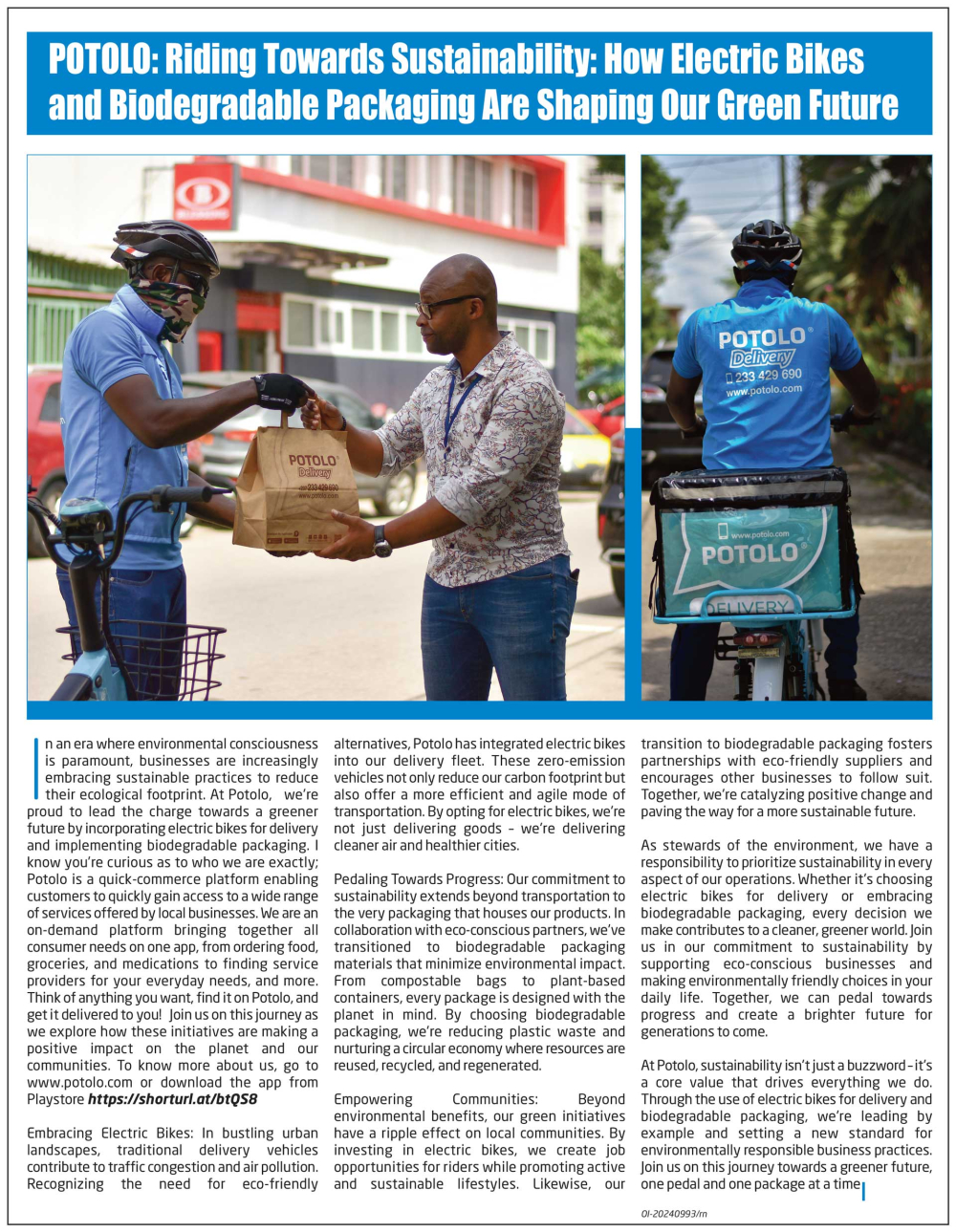Interview : “Climate Change Impact Is Aggravating By The Day”
- Par Kimeng Hilton
- 21 oct. 2022 15:47
- 0 Likes

Dr Augustine Njamnshi is the Executive Director of the Africa Coalition for Sustainable Energy and Access ACSEA. And also the Chair of Political and Technical Affairs with the Pan-African Climate Justice Alliance, PACJA.
Dr Augustine Njamnshi is an old name in global climate change issues. In this interview, he explains why PACJA and ACSEA organised two workshops in Yaounde, Cameroon from October 20-21, 2022 to roll out two projects. These are: “Ensuring a People-centred Energy Transition in Africa Through Civil Society Engagement;” and “Galvanizing and Unifying Africa's Action for Reliant Development in the Era of the Pandemic,” GUARD. Both projects will be implemented in Cameroon by PACJA and ACSEA national platforms.
Dr Njamnshi also talks about PACJA and ACSEA engaging Cameroonian policy-makers and other stakeholders ahead of the United Nations Climate Change Conference, COP27 in Sharm El-Sheikh, Egypt from November 6-18, 2022.
Why did you organise these workshops at this time? What do they seek to achieve?
The problem of climate change impact is aggravating by the day. Unfortunately, those on the frontline of climate impact are most of the time left out of climate decision-making processes at all levels. We therefore brought together farmers and community leaders (especially women) to the workshops for them to hear from policy makers directly and also contribute in shaping climate policies in Cameroon.
There is no better opportune moment than this, especially as Cameroon is preparing to go for the United Nations Climate Change Conference, COP27 in Egypt in a few weeks from now. Through the workshops, Cameroon’s position is informed by the priorities of the frontline actors.
The theme of the workshop mentions energy transition? What are transiting from? And to what?
The meaning of just energy transition is contextual. Some countries and regions have historically invested and benefitted from heavy fossil energy-driven economies. The concept is mainly driven by job protection from labour movements. For example, more than 60 per cent of the Cameroonian population has never had access to any form of electricity.
For such countries, the approach is meaningless, hence your question, transiting from what to what? Transition in this context obviously means leaving from a state of inadequate and/or no access, and leap-frogging to access to clean, decentralized, efficient, affordable and people-centred energy systems. This is a form of energy system by the people, with the people and for the people.
What is...
Cet article complet est réservé aux abonnés
Déjà abonné ? Identifiez-vous >
Accédez en illimité à Cameroon Tribune Digital à partir de 26250 FCFA
Je M'abonne1 minute suffit pour vous abonner à Cameroon Tribune Digital !
- Votre numéro spécial cameroon-tribune en version numérique
- Des encarts
- Des appels d'offres exclusives
- D'avant-première (accès 24h avant la publication)
- Des éditions consultables sur tous supports (smartphone, tablettes, PC)















Commentaires